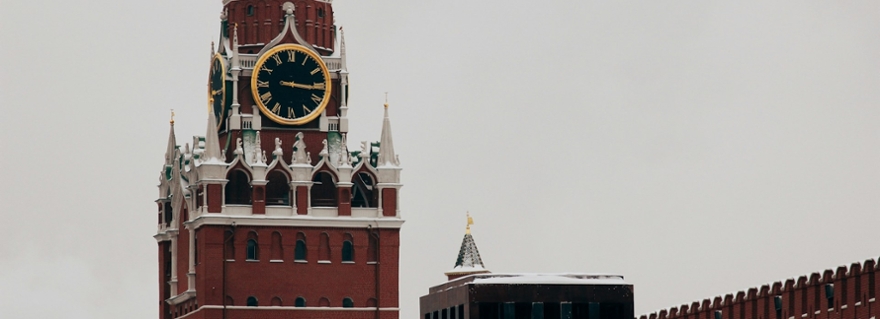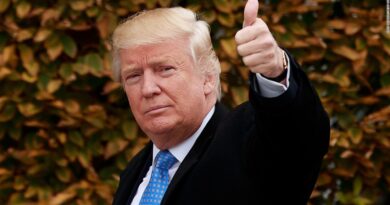Language Of Russian Propaganda

In 2014 Russia entered Ukraine and occupied Crimea, and about two and a half years ago it began a large-scale invasion. For Ukraine, it’s a war. But Russia calls it a ‘special military operation’. Word choices of this kind affect how people look at issues. A Dutch Research Council (NWO) project led by Professor Egbert Fortuin, together with assistant professor Peter Burger, associate professor Henrike Jansen will analyse how Russia uses propaganda and what characterises Russian propaganda.
‘Propaganda can be defined in several ways,’ explains Egbert Fortuin. ‘The definition we will be using in this study sees propaganda as a way in which the government tries to influence public opinion and obtain its support. The purpose isn’t to convey factual information, or to use sound arguments. The focus is entirely on proclaiming a particular message. Whether that message is factually correct, and whether the argumentation is valid, doesn’t matter at all.’
Europe and the West
Fortuin and his colleagues will look not only at how Russian propaganda influences the Russian-speaking population, but also at the influence Russia tries to exert on Europe. ‘The war has also had an impact on Europe and political parties in Europe,’ says Fortuin. ‘For instance, you can sometimes recognise the Russian propaganda in statements made by parties in European countries. The same standpoints are presented, although in different words. I’m very interested in how these standpoints, arguments and language use filter through. But also in how Russia itself actively adapts its message to the target group.’
‘We’re interested in the kind of arguments that Russia uses, for example for the war against Ukraine, and whether there’s a specific pattern to it. A well-known example is the “whataboutism” argument. This is used to brush aside any attacks on Russia’s actions, under the pretext of “The West has also broken the rules of international law in the past, so why shouldn’t Russia be allowed to do it?” In the project, we want to look at what arguments are used by Russia and how language use and framing play a role in this.’
Multiple focus points
While Fortuin is a linguist specialising in Russian linguistics and semantics, his colleagues have other areas of expertise. ‘Peter Burger specialises in journalism & new media and conspiracy theories,’ says Fortuin. ‘These areas of expertise are important for the project, because a lot of propaganda is spread by means of new media. And there’s also a relationship between propaganda and conspiracy theories.’
‘Henrike Jansen specialises in argumentation theory and rhetoric, so she knows a lot about how the arguments are constructed. Together with two PhD candidates and a postdoc, we cover a broad field and make a great team. Ultimately, we also want to share the knowledge we obtain about Russian propaganda more widely, and to inform people about how to recognise propaganda and disinformation. One of the ways we aim to do this is by sharing the results with the journalists’ collective Raam op Rusland (Window on Russia).’


